The year was 1960. Christmas was not merry in Fayette County, Tennessee. When Black sharecroppers registered to vote, white landowners in the West Tennessee county evicted the farmers from cropper shacks at the start of winter.
Black landowner, Shepard Towles, allowed several displaced farmers to pitch tents on his land. Temporary housing provided relief.
However, the Black laborers suffered more reprisals. White store clerks, bankers, and doctors in Fayette denied farmers service because they dared to vote. White segregationists also terrorized the farmers living in “Tent City.”
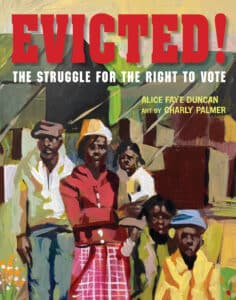 On December 28, 1960, farmer, Early B. Williams, and his wife Mary were asleep with their four children when white teenagers riddled their Fayette tent with bullets. Early B. was shot in the arm. A bullet missed one child’s head by an inch. Police did not charge the culprits.
On December 28, 1960, farmer, Early B. Williams, and his wife Mary were asleep with their four children when white teenagers riddled their Fayette tent with bullets. Early B. was shot in the arm. A bullet missed one child’s head by an inch. Police did not charge the culprits.
Accepting the risk, Black farmers in Fayette who registered to vote subjected themselves to eviction, muddy tents, and death threats until the Federal Justice Department ruled the evictions unlawful in 1962. These farmers inspired Black and white college students to start a voting rights movement in the rural South where masses of Black citizens were denied a voice and vote.
Like the Black farmers who inspired them, the college students and local citizens in the Student Nonviolent Coordinating Committee were attacked. But with daring, their movement led to the signing of the 1965 Voting Rights Act.
Tactics of voter suppression are on the rise in the 21st century. Evicted Black farmers, from Fayette County Tennessee, left behind an example of courage. No matter the danger, people must be vigilant to dismantle voter suppression and preserve democracy.
This entry submitted by Alice Faye Duncan, author of Evicted!: The Struggle for the Right to Vote.
Learn More
Uplift the Vote—The Fayette County Tent City Movement
Pete Seeger sings the “Fayette County Blues.”
Fayette County (Tent City Timeline)
Evicted!: The Struggle for the Right to Vote
Find lessons and more resources below on the long and ongoing struggle for voting rights.

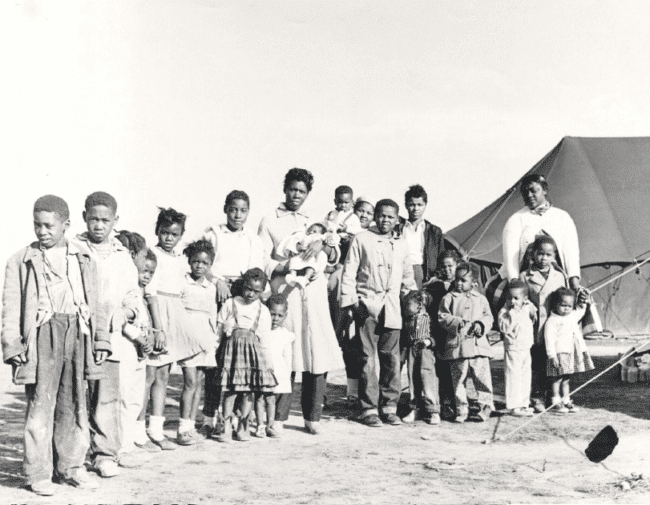
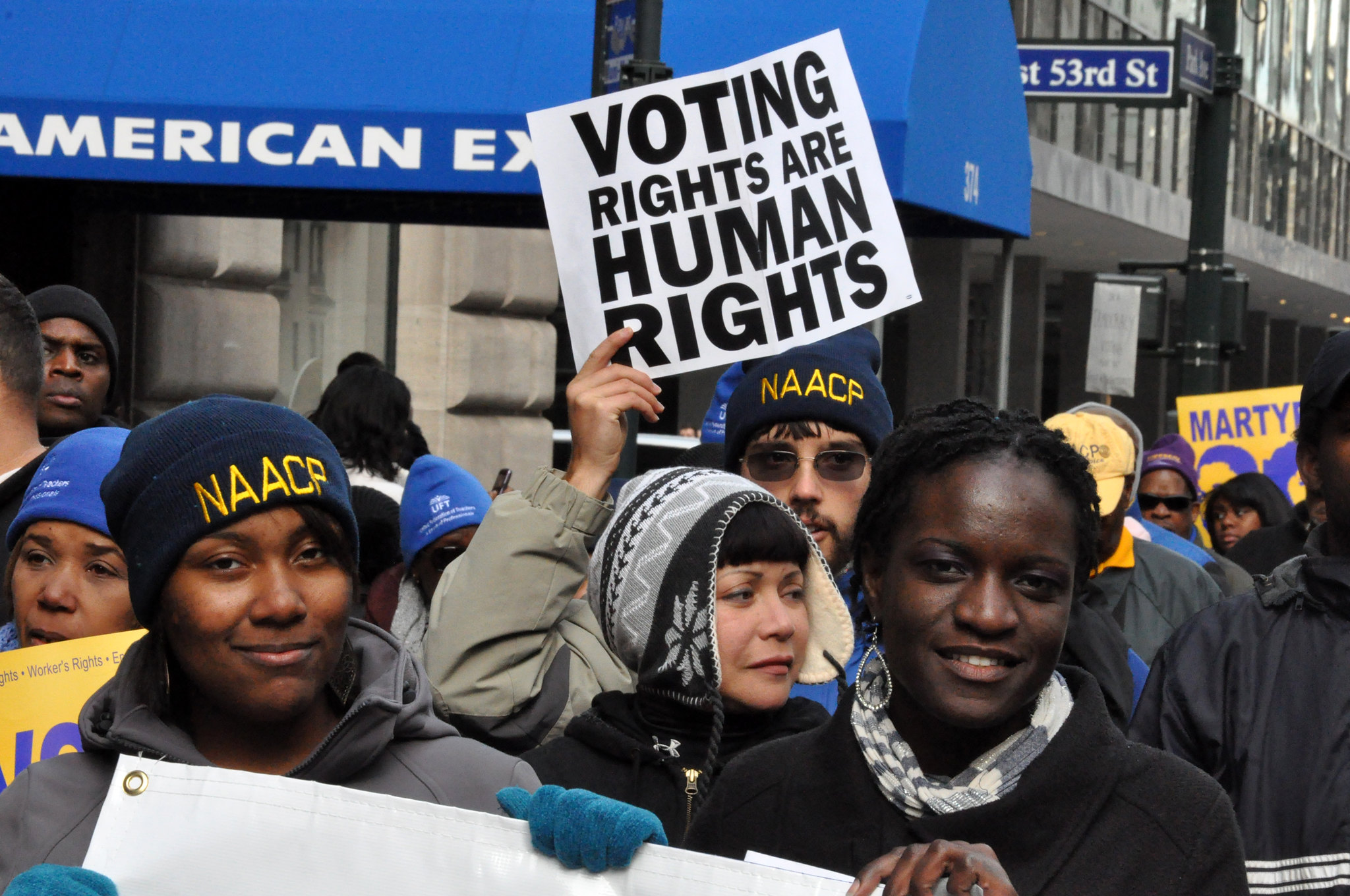
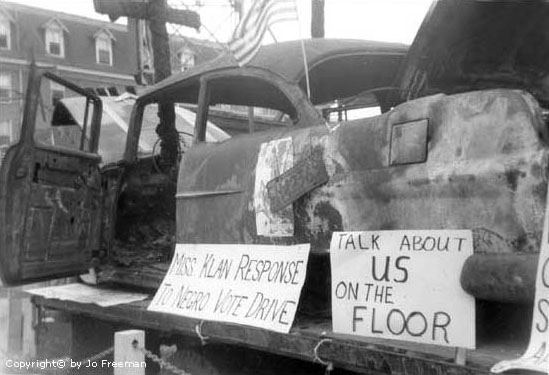
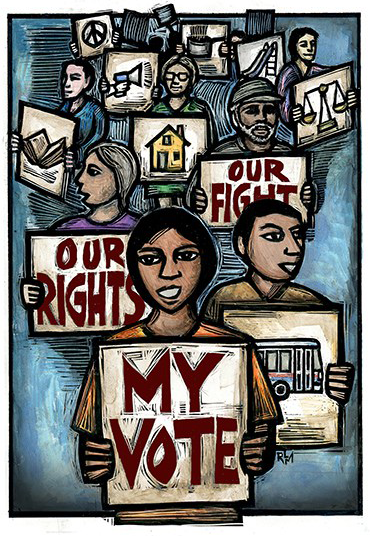
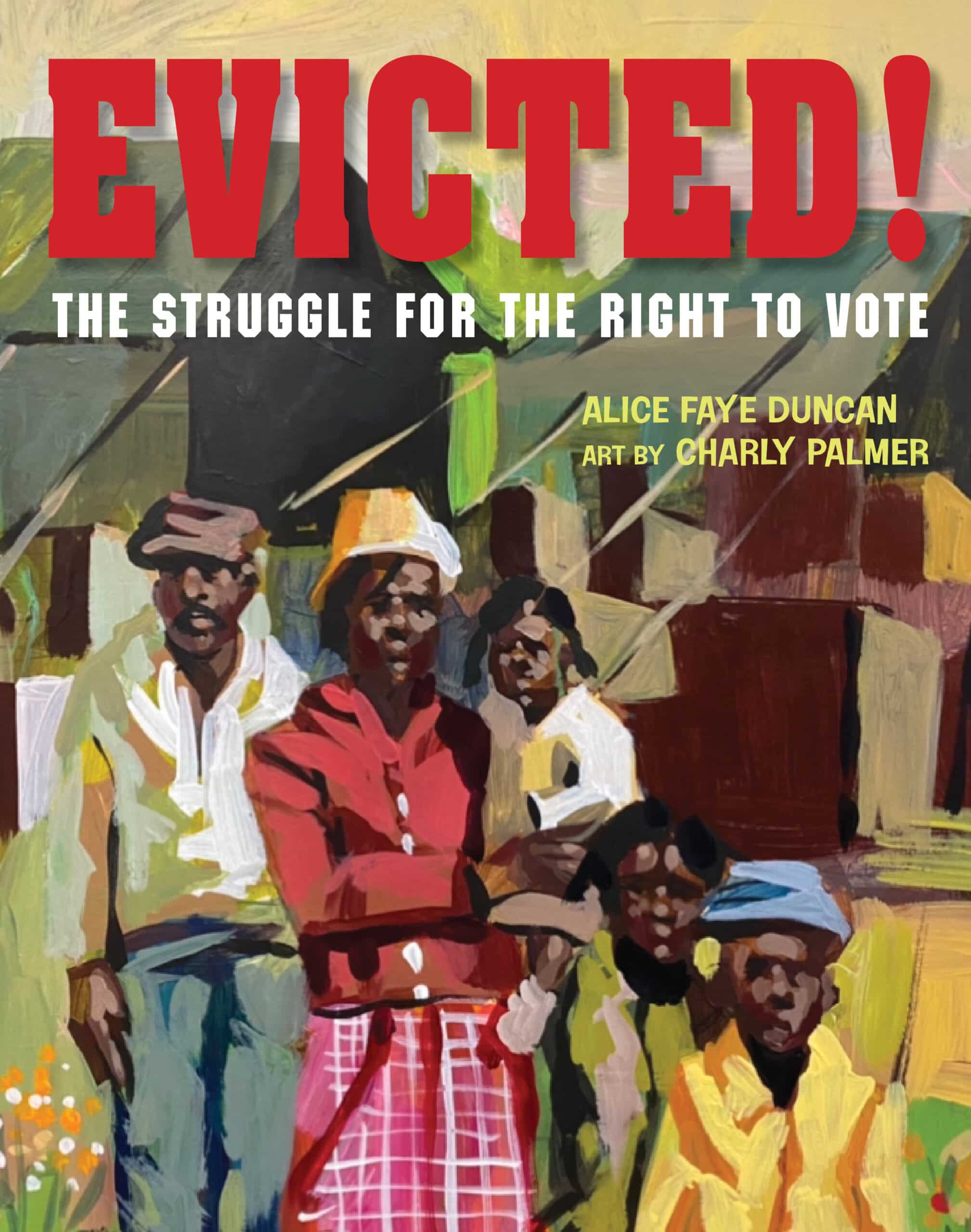
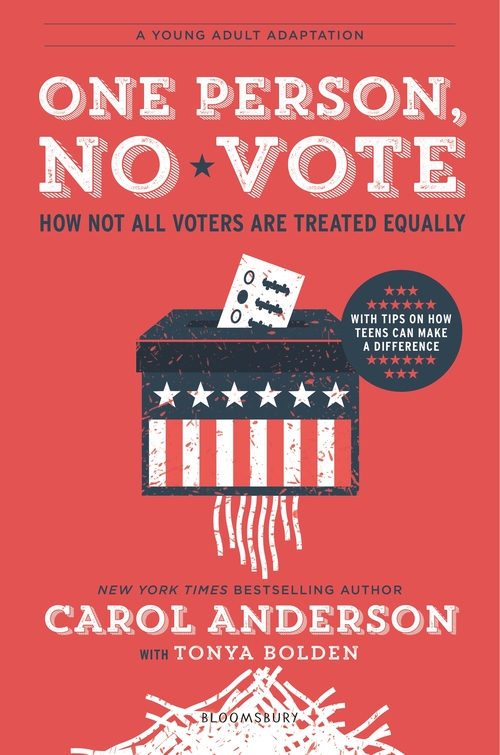
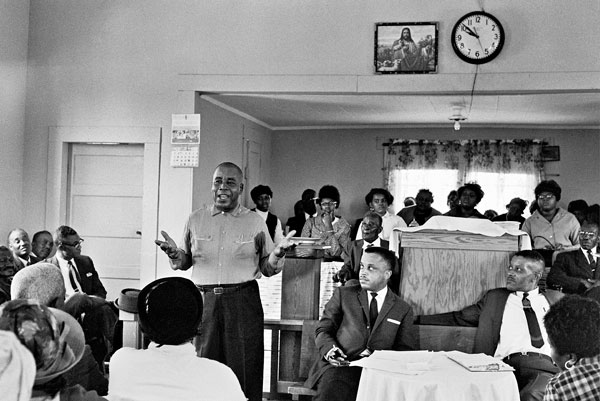
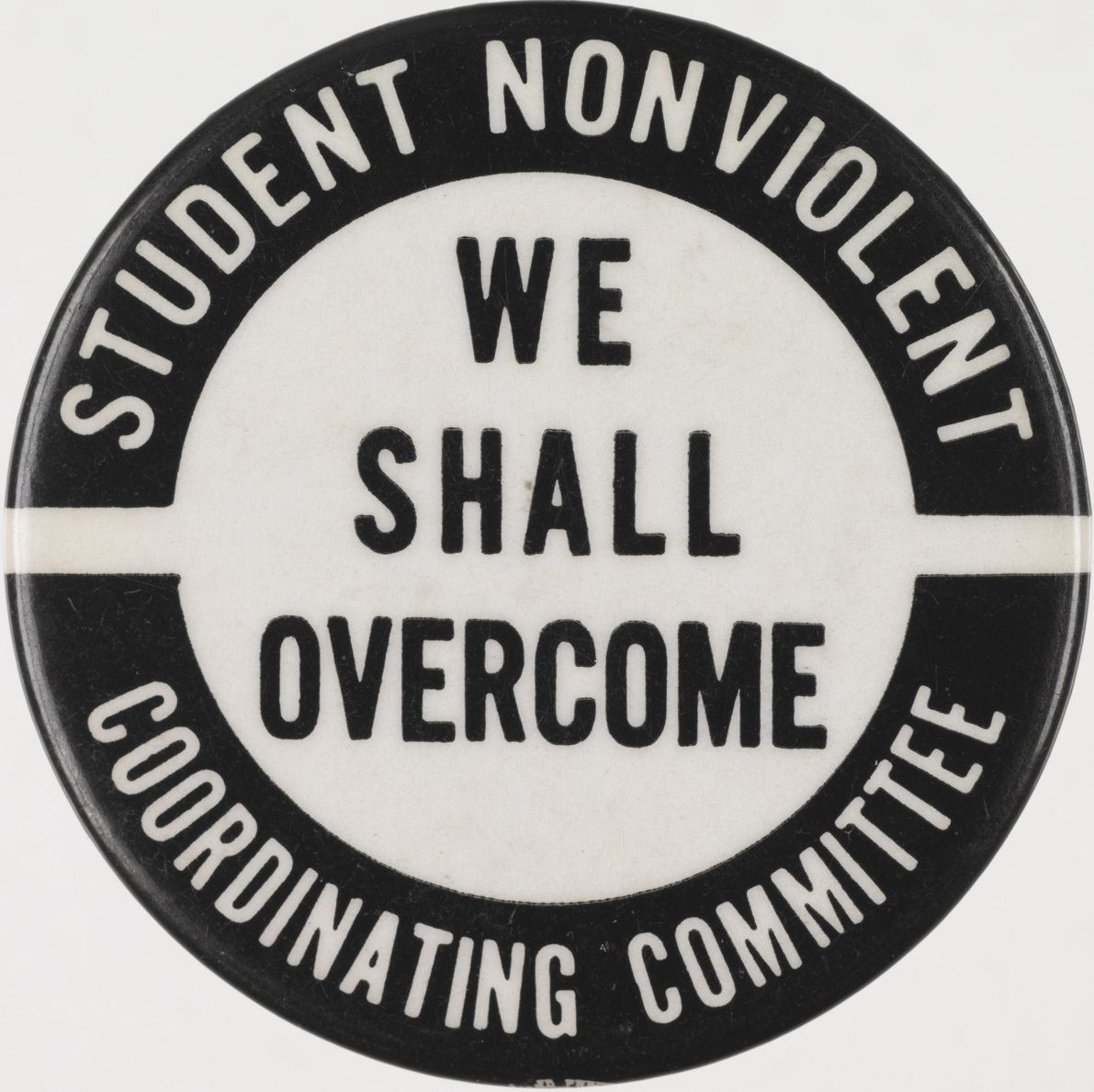
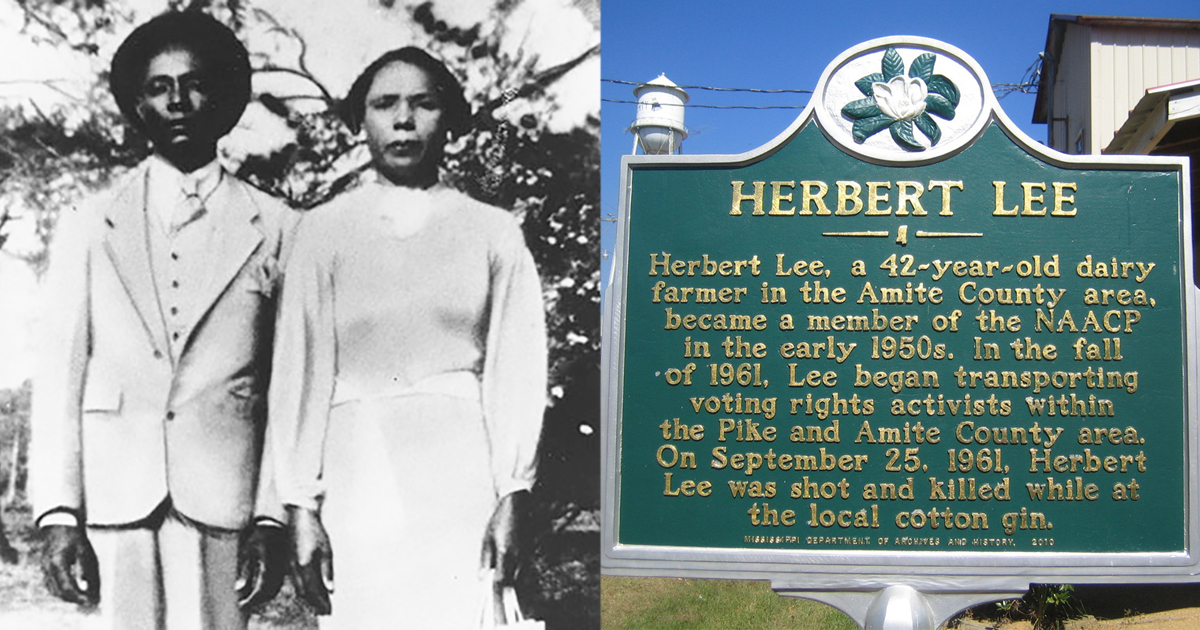
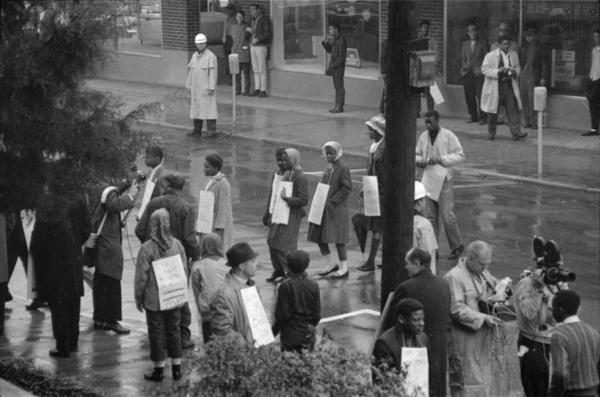
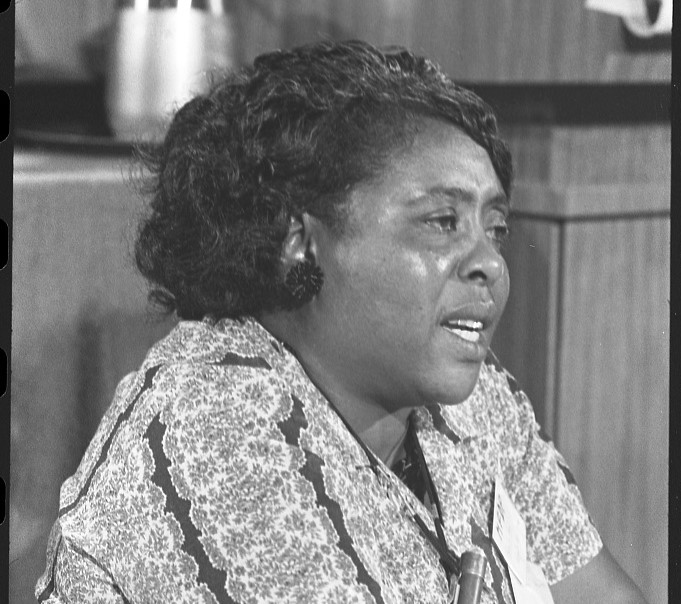
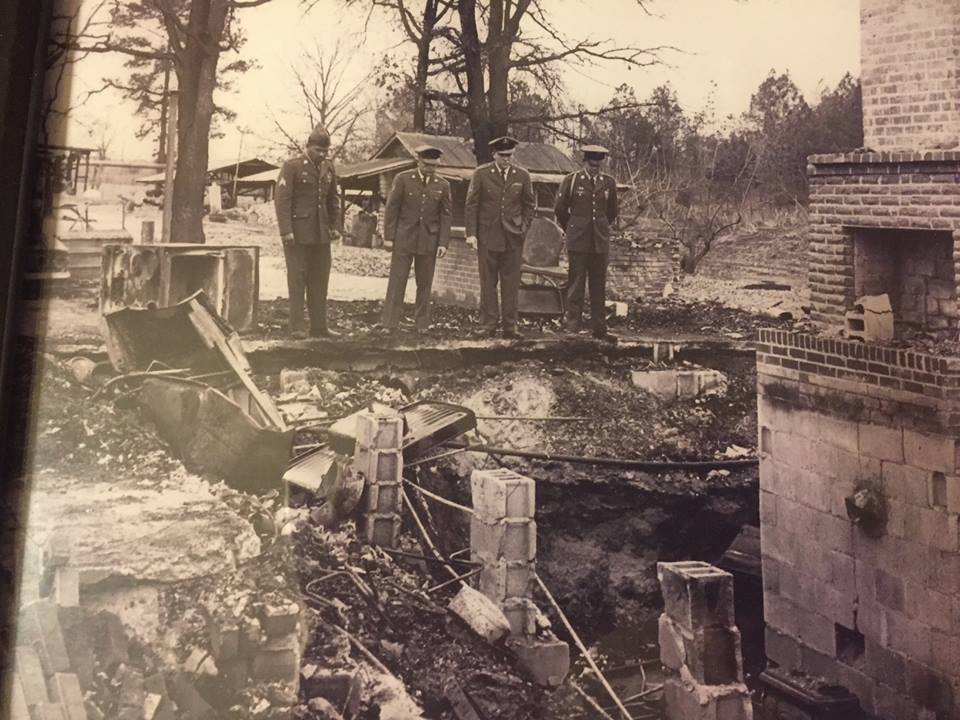





Twitter
Google plus
LinkedIn